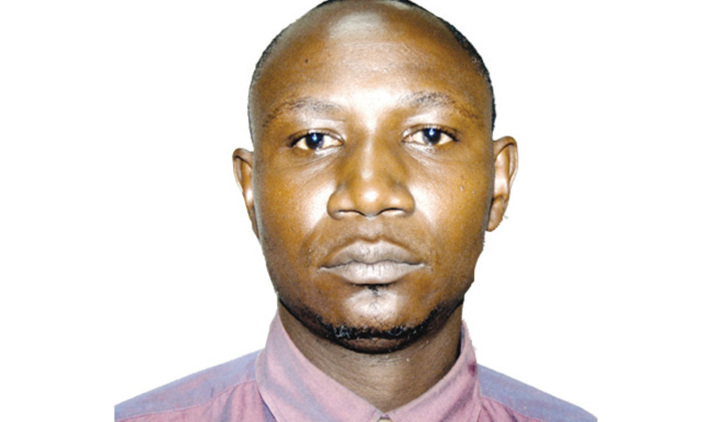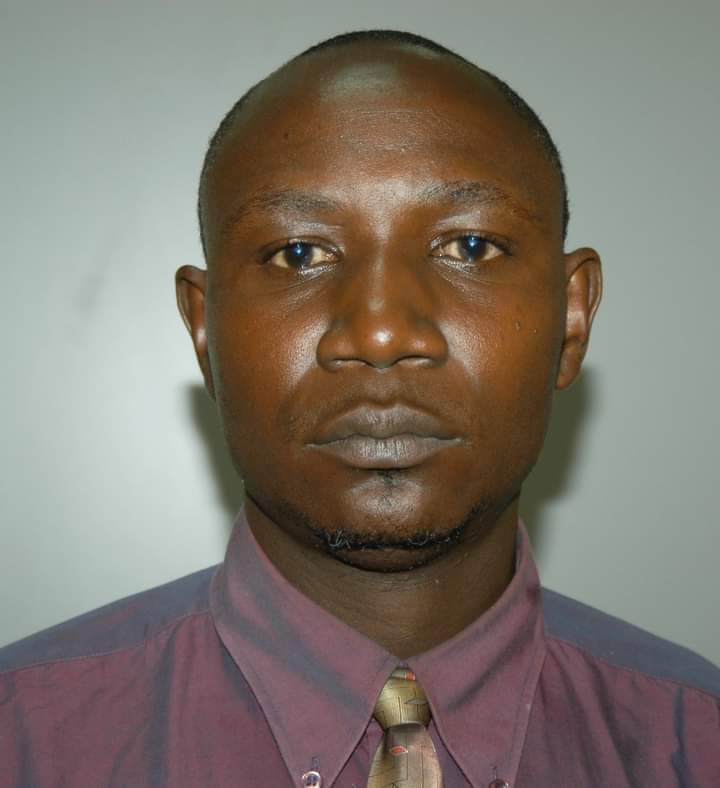KAMPALA-UGANDA/NEWSDAY:The military setting-up of every country depends on its physical structure. In British Isles, the most important military will be the Navy to defend the kingdom from invasion by Continental Europe or Overseas. It was similar to the Sultanate of Oman and Zanzibar.
Even in the precolonial Kingdom of Buganda, Gabunga, the leader of Mamba Clan, who was in charge of Kabaka’s Fleet on Lake Victoria used to conquer Islands like Buvuma and protect the Kingdom from Ssese Island.
In a land locked country like Uganda, the most important section of the military is the land forces. The rest are auxiliary.
When in 1966, the Prime Minister, in accordance with 1964-Armed Forces Act, appointed Army Commander Brig. Shaban Opolot Chief of Defence Forces, and Deputy Army Commander, Idi Amin Dada, Army Chief of Staff, Muteesa’s loyalists thought that Opolot had not been promoted but had been made ceremonial.
This may have been true as Uganda is a land locked country whose most important military was the Uganda Army or Infantry whose Chief was Idi Amin Dada. Opolot was an overseer of both Uganda Army and Uganda Air Force.
No wonder at the peak of 1966 Uganda Crisis, Obote, who had assumed the title of President, skipped the Chief of Defence Forces, and dealt directly with the Army Chief of Staff, whom he ordered to invade the Kabaka’s palace to flash out Sir Edward Muteesa ii dead or alive.
After the invasion, Obote dismissed Opolot and replaced him with Amin who combined as CDF and Army Chief of Staff. Opolot’s attempt to take legal action did not bring good results as the courts including East Africa Court of Appeal ruled in favor of Obote.
However, in 1970, when Amin lost the position of Army Chief of Staff so that he remained only CDF, he was bitter that he had been turned into a ceremonial and it is one of the reasons for the 1971 coup.
Yet in his eight-year military rule, Amin never appointed a CDF. He was both a Commander In Chief and a CDF and he only appointed an Army Chief of Staff, a Chief of Air Staff, Commander of Marine and Commissioners of police and prisons as they could not be police inspectors general or prisons commissioners general since he wanted to be the only full general.
Then came Uganda National Liberation Army (UNLA) with Tito Okello as Commander and later CDF, and Oyite Ojok as Army Chief of Staff. Again, the latter was more powerful although he is reported to have been respecting the former so much, which after his demise in a plane crash in 1983, his successor Smith Opon Acak could not and it ended in 1985 coup that deposed Obote again.
In the brief Okello’s Junta in 1985, they had Gen. Tito Okello as Chairman of Military Council and Head of State who was also the Commander In Chief, Lt. Gen. Bazzilio Olara Okello as CDF and Maj.Gen.Zeddy Maruru as Army Chief of Staff. But it was the Okellos that were making shorts.
Since the 1986 National Resistance Movement/Army (NRM/NRA) capture of power, they retained both the President who was also Minister of Defence and Commander In Chief, and an Army Commander Elly Tumwine and Deputy Army Commander Fred Rwigyema, but also with equally a powerful Chief of Combat Operations Salim Saleh. However, in the spirit of accommodating the defunct UNLA, Fredrick Oketcho and later Sam Nannyumba were appointed Chiefs of Staff, which was administrative rather than command. Although Nanyumba took a long time as Acting Army Commander as Mugisha Muntu had gone for a training course.
In the Odoki Draft, the position of Army Commander was made constitutional. However, the NRA caucus in the Constituent Assembly led by the then Army Commander Mugisha Muntu, proposed for its deletion saying that the office of Commander In Chief was enough and they feared for a potential clash between the Commander In Chief and the Army Commander.
In the debate, FRONASA veteran Augustine Ruzindana supported Muntu and said that such posts should not be constitutionalized as NRA was still growing. “You never know, tomorrow we may have a Chairman of the Joint Staff,” Ruzindana said while comparing UNA structure to US military structure. Although the post of the Chairman of the Joint Staff is not yet in Uganda, the UPDF Statute as amended restored the CDF.
So, in my view, in a land locked country like Uganda, the position of Commander of Land Forces, that was first held by Gen.Katumba Wamala, who was succeeded by David Muhooz to Peter Elwelu now Muhoozi Kainerugaba remains the most strategic.
However, land forces or infantry don’t act in isolation but are supported by the Motor Artillery and mechanized brigades. Then AirForce and Marines, whom Tanzanian forces made redundant in the 1979 war, are auxiliary.
But there is also a Reserve Force which was first commanded by Gen.Salim Saleh in the famous 1989 reshuffle. At one time when the then President of the Sudan Omar Hassan El Bashir boasted of a reserve force of a million, President Museveni responded that “If you are boasting of only one million reserves, for us we have two million…”
During constitution making exercise, one of the NRM Historical who had been one of the CP leaders in 1980, Rwabwona, had suggested that in order to avoid future coups, the military should be decentralized between the army, the air force, the marines and others, and it seems, much later, UPDF took his advice although the then Army Commander Aronda Nyakairima was opposed to separating Special Forces Command from the regular Land Forces.
On social media, there are some people that cerebrated, especially the Northerners and North Easterners saying, that their people had fallen into things or were rising, and others especially in Central Region and the Muslim community murmured that they had been left out.
Military in particular and security in general are sophisticated areas where loyalty meritocracy is more important than in the traditional civil service. The security personnel are also trained to serve the country and the people and not a particular individual or a group of a few individuals. So long as they are pro people, the whole of Uganda is represented.
Haji Ahmed Kateregga musaazi is a veteran journalist and a Communications Assistant with the Ministry of ICT and National Guidance Media Team.


